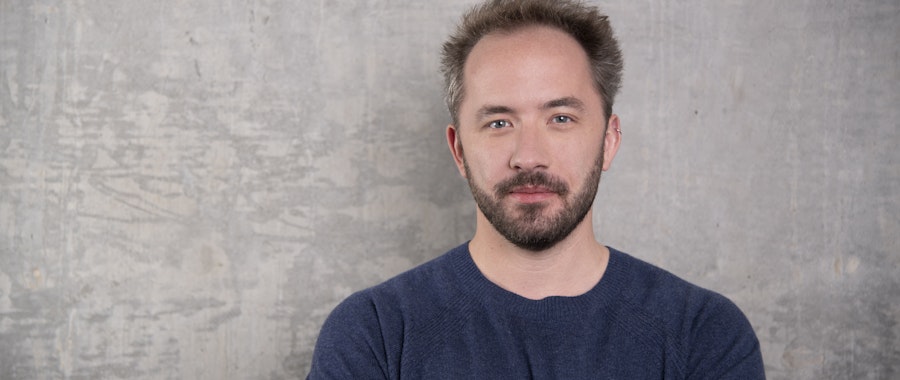
Attention-seeking tools at breaking point
This article was originally published on The Australian.
The tech industry has sleepwalked into an era of constant notifications and distractions, says Dropbox chief executive and co-founder Drew Houston, who thinks he’s come up with the solution.
At the company’s Work in Progress summit in San Francisco, the tech billionaire told The Australian that people spent 60 per cent of their time “working on work”, rather than actually getting on with it, thanks to constant pings from the likes of Slack and Gmail.
“We’ve been giving individuals just more and more powerful ways to get 50 other individuals’ attention,” Mr Houston said.
“We’re at a point, where more communication or collaboration or information isn’t necessarily better. These tools we’ve been using, and some for a long time like email, were never designed for this kind of stress on the system.
“I think the creators of email would say sorry,” he added.
Mr Houston’s solution is a radical overhaul of Dropbox, to tie together productivity apps like Slack, Google Docs and Microsoft Office — themselves traditional rivals — along with other apps like Zoom and Atlassian’s Trello, and then only surfacing the most important tasks and notifications for the worker.
“There’s a lot of irony in the fact that technology we should be using to help us focus is making it impossible to focus, and I became fascinated with this problem of technology achieving the opposite of its stated goal,” the CEO said.
“It’s not that Dropbox is bad, or Slack is bad, but the way we’ve been using them has been. So what matters is not the tools themselves but the connective tissue that pulls them altogether, and we’ve tried to design tools to optimise for people’s time, their creativity, their attention, and their focus.”
The result is a new Dropbox, shifting from an online storage locker for your files to a company that wants to be the one place where you can do all of your work and collaboration.
“Some of the incumbents want to have everything in their world,” Mr Houston said.
“That might have worked in the 1990s and made sense then, but our customers use G Suite, they use Zoom, they use Dropbox. And it’s interesting, because these relationships are often like relationships between countries or something.
“There’s always something you’re happy about something you’re pissed off about, but we have to all remember, we’re trying to make a real person’s experience at work better and just focus on that as best we can.”
Dropbox is aiming to be a responsible player in a Silicon Valley ecosystem.
Mr Houston said 10 years ago the conversation around the Valley was all the good parts of tech, ignoring the unintended consequences, but it had swung too far back now towards the “tech is bad” end of the spectrum.
“People use it for good and bad things, and companies do need to take responsibility for what they build and at least be mindful.
“You do need to build in some safeguards as a minimum, because if you don’t do that, then don’t take all the pats on the back for all the great things you did.
“I do think in the aggregate you’re a lot happier living in 2019 than 1619, and in the long run technology does really raise our standard of living and is the only way we can address a lot of the challenges we face.”
Senior journalist from The Australian, David Swan attended Work in Progress as a guest of Dropbox.